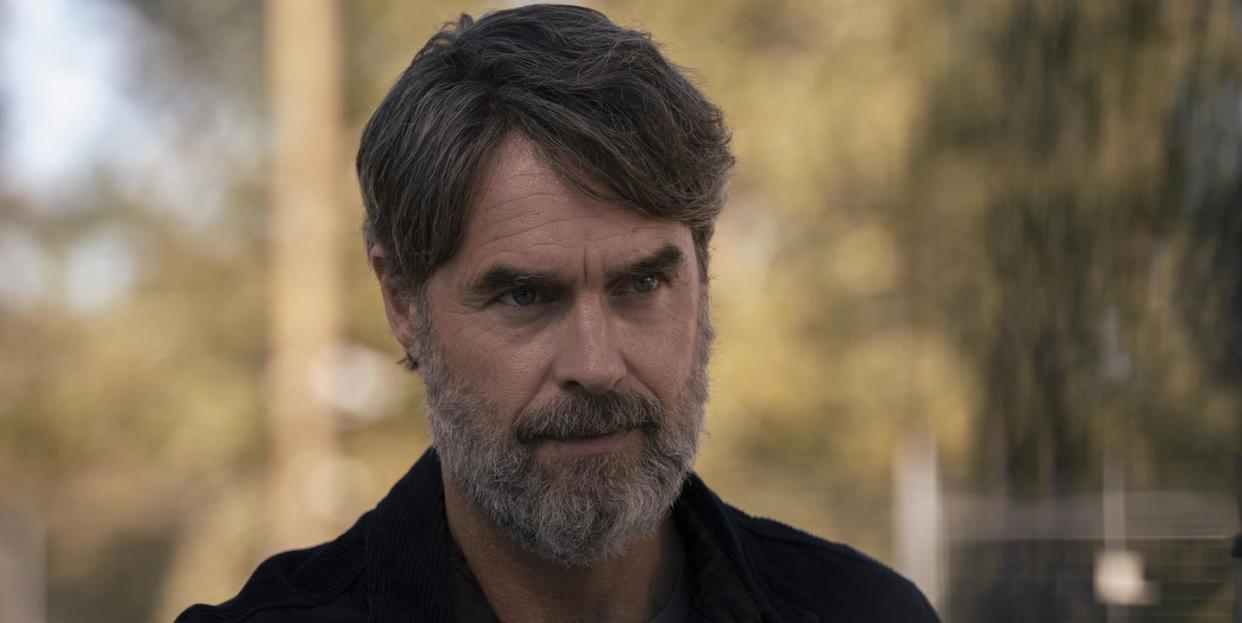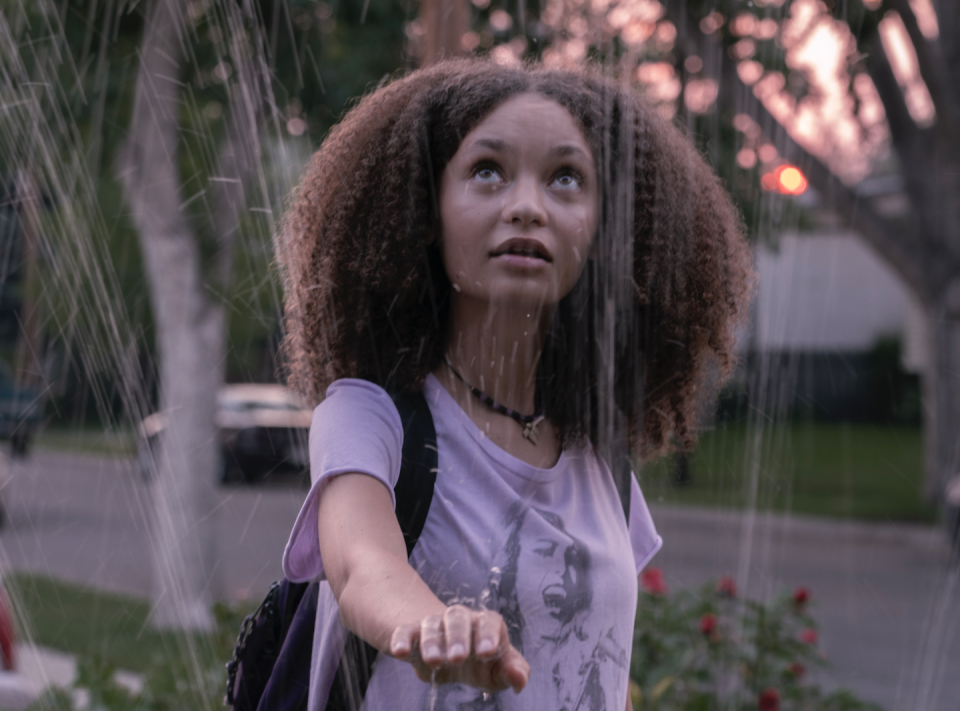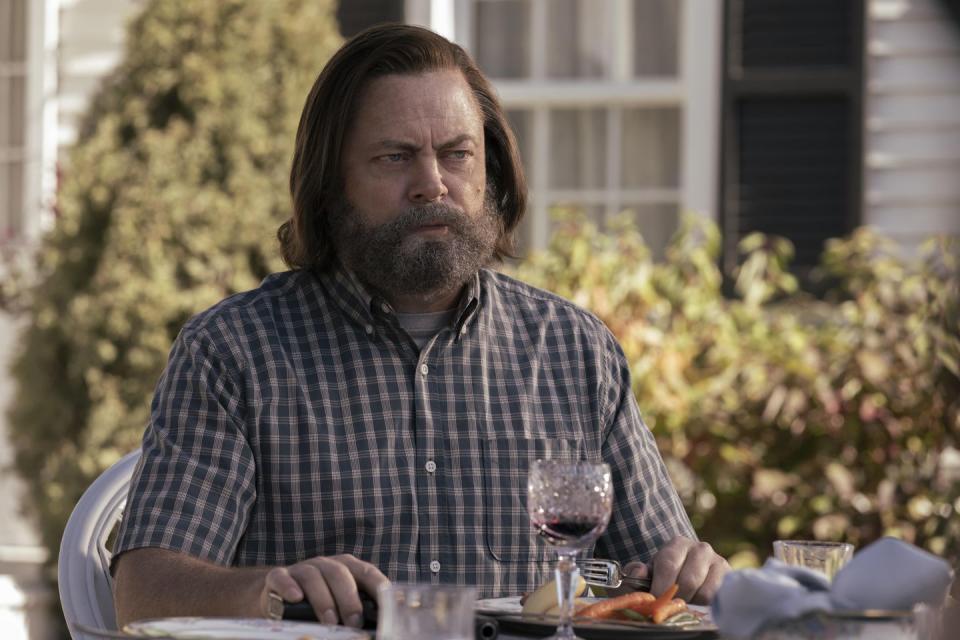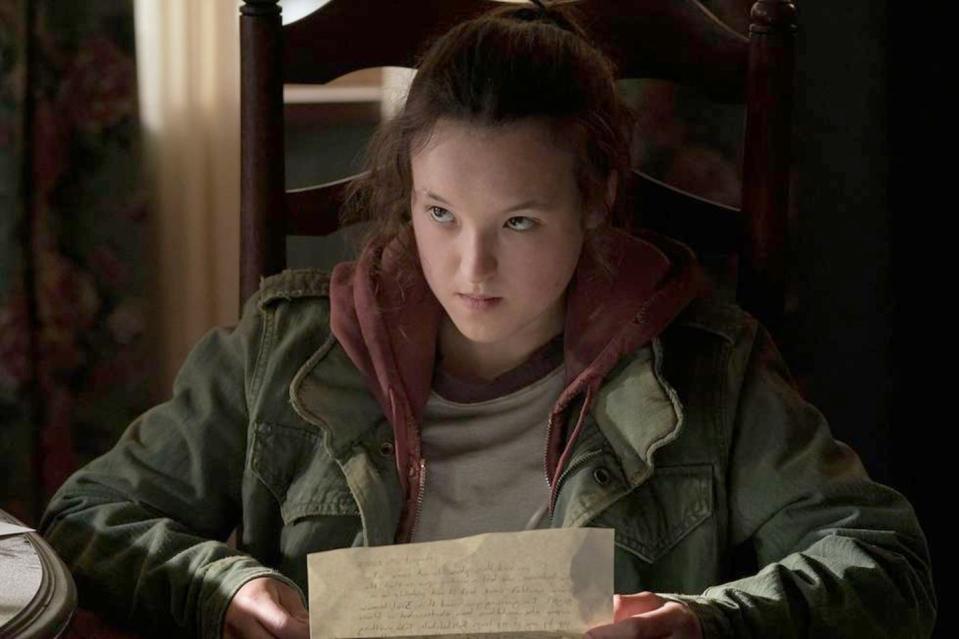All backlash The Last of Us has received, and how the cast and crew has responded

- Oops!Something went wrong.Please try again later.
- Oops!Something went wrong.Please try again later.
- Oops!Something went wrong.Please try again later.
- Oops!Something went wrong.Please try again later.
- Oops!Something went wrong.Please try again later.
HBO's The Last of Us was bound to attract some rabid personal opinions from viewers for two main reasons.
One: Having premiered in January, the show caught us in that moment of post-festive elation and pre-overwhelming New Year shattering clarity, providing us with the perfect life distraction and quickly becoming the Show of the Moment. (Plus, it has the Pedro Pascal hook, which takes advantage of the internet's growing obsession with the actor's soft-gruff cowboy vibes and face that my boyfriend poetically described as "just...a real man's face".)
Two: It's based on the hit video game, which rose to acclaim with fans and solidified itself as a cultural phenomenon. Ergo, the fanbase for this series stems from a passionate and particular alliance to the original game, meaning it has the responsibility to live up to the highest of expectations.
The latter point is nothing new in the world of adaptations. For as long as we have been translating books, games, and stories to screen, it's come with a curse. Although an on-screen adaptation might serve a creative heightening or a reawakening of a franchise, it comes completely at the mercy of original fans and followers of the initial content.
And, because the fanbase for The Last of Us appears to predominantly consist of 'gamers', the series can be applauded for its guts when it comes to changes made in the HBO version. From the casting of the show itself to the now lauded third episode which stopped the story dead to bring us a emotionally haunting and poignant same-sex love story, the series hasn't hesitated to make some changes to the format and lore of the game, which has in turn captured the attention of both fans and critics for its creative decisions.

The first rejection of the series came before the show had even hit our screens. When the casting was announced, some fans were quick to take to their keyboards and express their distain for the selections made, mostly noting their dislike to the then 17-year-old Bella Ramsey, who was facing career-based backlash for the first time. (Some gripes were oddly hyper-specific, even flagging Pedro Pascal's beard style compared to his in-game counterpart.)
When it comes to casting, it's not just the main characters that have been subject to unnecessary comments. Nico Parker, who plays Joel's daughter Sarah, rebuffed negative comments towards her casting, while Melanie Lynskey, who plays Kathleen, took to Twitter to defend herself against a comment on a photograph of the actor, suggesting that her body and aesthetic was too glamourous to portray someone who exists against an apocalypse.
On top of this, the showrunners Craig Mazin and Neil Druckmann faced negative response from fans after changes — most notably, the updating from infectious spores to creepy tendrils — were revealed. Mazin and Druckmann acknowledged the disapproval by explaining the need for such changes in an interview with Variety.
"We had talked about how we’re in a genre that’s popular, and there are a lot of different versions of stories of an outbreak. We did our best to find what’s unique about our story and world," said Druckmann.
"I don’t necessarily know if we’re going to see any spores this time around, but to say that our world is devoid of them would not be accurate," added Mazin. "We don’t quite know yet. That’s part of the fun of adaptation, leaving these blurry edges of the map for our characters to discover as the adventure continues."
But mostly, those who find themselves outraged at the changes made by the series were inherently furious at the show's emotional third episode, in which we were taken on an episode-long arc that explored the romantic relationship between the characters Frank and Bill. Some fans mostly applauded the episode for the moving story, though it also attracted a wave of attention from right-wing viewers.
These episode opposers voiced their opinions on the storyline peddling an 'LGBTQ agenda', being "woke", or ruining the show with 'inclusive propaganda'.
In response to the episode, those against the storyline took to review boards and websites, instigating a campaign of 'review bombing', a task programmed with the aim to bring down the episode rating by targeted mass criticism.

One could assume that these critics responded badly to the episode because they were thrown by the sudden deviation from the plot of the game, but, based on the comments, it's probably safer still to guess that their critique stems from homophobia.
So, fans of the game are precious about their source material being adapted into a big on-screen spectacle. And if you look outside, you'll see the sky is blue. When highly successful or beloved mediums are adapted and rebooted, there will always be an army of supporters rallying against any changes or updates they deem as poison to the original creation.
Still, the question as to why this particular show's backlash stands out as especially irritable hangs in the air. It's not the first time a popular game has seen a dramatisation/big screen take. Tomb Raider, Resident Evil, Sonic the Hedgehog, and most recently Super Mario Bros. have all had the adaptation treatment, with two being particularly notable for fan response to dodgy Italian accents and even dodgier humanoid animated features.
The constant criticism might be voiced by the minority of viewers, but it's no less exhausting.
It's hard to decide whether the consistent backlash is terrible because it's petty and dull, or because it's immature and clearly coming from a damaging place. (Because, in a world terrorised by mutant mushroom zombies infected by flour, it's more outrageous that two men should fall in love, apparently.)
It's hard to ignore the fact that, historically, the loudest critical voices against adaptations have come from bigoted expectations. See: The casting of Rue in The Hunger Games, or Halle Bailey in The Little Mermaid.
But, if positive reactions are of value, then this show has struck gold. With 7.5 million US viewers tuning in for Sunday's fourth episode, and a 91% audience score on Rotten Tomatoes, there's proof that this series is no dud adaptation. So are these criticisms coming from justified critical readings of the show, or more than likely ego-bruised fans with imagined 'woke' bones to pick?
With backlash must come response, and the cast and crew of the series have fielded the controversies in their own ways.
When it comes to Bella Ramsey, whose character Ellie appears in the game's sequel The Last of Us: Part II (which also contains queer storylines and characters, and faced backlash of its own as a result) seems unbothered by the hate.
"I’m not particularly anxious about it," Ramsey told GQ. "I know people will think what they want to think. But they’re gonna have to get used to it. If you don’t want to watch the show because it has gay storylines, because it has a trans character, that’s on you, and you’re missing out. It isn’t gonna make me afraid. I think that comes from a place of defiance."

Meanwhile, Nick Offerman, who played Bill in the talked-about third episode, responded to online hate in his own way in a tweet.
"Buddy, your brand of ignorance and hate is exactly why we make stories like this," he wrote to another now-deleted Twitter user's comment. Even Melanie Lynskey has been pulled into the "homosexual agenda" argument, but came back with an amused shut-down response.
Though the third episode acts as a pause to the main arc, cutting in right at the beginning of our 'hero's journey', it gives the steely zombie tale something that it always needs: humanity and heart. By including the story of Frank and Bill, the series not only includes on-screen representation of same-sex love stories, but also reminds viewers what is at stake for humanity, what we lose, and what we gain when everything else disappears.
If we allow this gutsy freedom of narrative to be applied to other source material in the future, particularly with games, then the technique of adaptation might just turn into an art.
Adaptations are, by definition, modifications of what we know. They are moulded into mediums so that we can get new perspective and find new ways to consume what we may already love, and often this means changes (both creative and political) are sometimes due. With games in particular, this seems particularly tricky, because we are taking a medium that takes away the (mostly) complete control from the player and turns them into a viewer. Participant to audience.
Not everybody is going to like it. But, if you don't, then why watch?
After all, it's much easier to turn off the noise than to create it.
You Might Also Like

